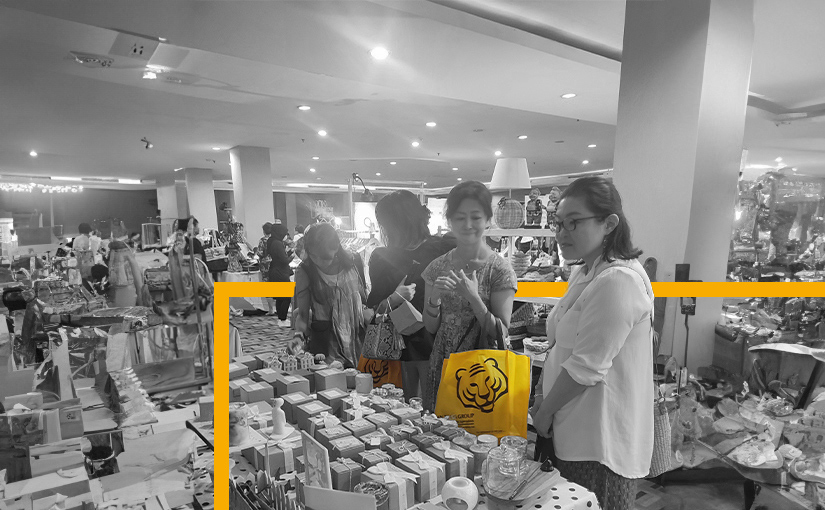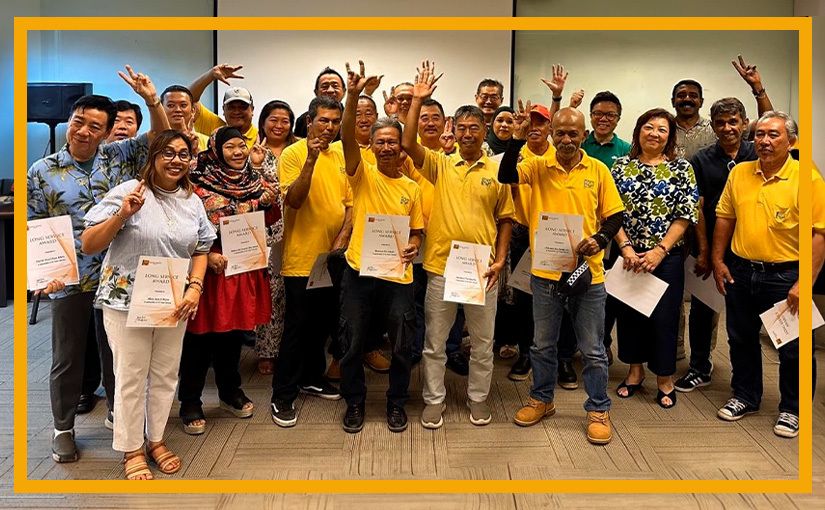Beyond the honeymoon: The Four Stages of Expat Life
Beyond the honeymoon: The Four Stages of Expat Life
29 Sep 2016
This article was written by Rob Chipman, President of FIDI, and CEO of Asian Tigers Group – Hong Kong. Rob is not just a renowned global mobility expert, he has also done his fair share of expat assignments himself – an experience that he draws on here.
This article was originally posted on the FIDI blog on 7 July 2016.
When I accepted my first expat assignment, my employer had me watch a video that described what to expect in terms of how I might feel in the days after my arrival. I remember this quite vividly and after quite a few years, I still recall how accurate it was and how it set clear expectations. One of the points that has stayed with me is how there are four distinct phases of expat life. So if you are planning to do your first assignment, you can expect to experience each of these in
turn.
1. The Preparation Phase
This is when you prepare for your new assignment, and share the news with your business colleagues and personal friends. You will find you begin to disengage from your current life as you prepare to take on the new adventure. You arrange for movers to pack up your home, take your kids out of school, and begin to say your goodbyes.
The preparation phase is exciting but hectic. Your departure may seem a long way off, but it will come round quickly and those who plan early are not only more likely to make a success of their assignment, they will also minimize last-minute panics.
2. The New Arrival Phase
Upon arrival at your new post, you will probably feel an equal mix of excitement and trepidation. You will probably be working off a high energy level as everything is new, interesting, curious and intriguing. Expectations about your future assignment are probably at a high point. There are remarkable parallels with the honeymoon phase of marriage.
3. The Settling In Phase
Once the newness has worn off, there is a natural inclination to settle back to a more sustainable level as routines are established. But there can also be disappointment and even some depression. In this phase, the quirky and quaint idiosyncrasies that you found so charming during your initial phase, may now become tedious and, in some cases, can even be annoying. It is natural and to be expected that you compare your new surroundings with your original home, and your new post my come up lacking. Don’t despair; this is natural and not unexpected.
4. The “In-The-Zone” Phase.
In the final phase, you become more comfortable as you adapt to your regular routines. You may identify a favorite restaurant, discover transportation links, maybe even pick up a few words of the local language. You will also probably begin to pick up on the more nuanced cultural differences.
Professionally, you will have become more settled and reached normal productivity levels – although the risk of becoming professionally disengaged from the home office can become a factor. It is in this phase where the difficult
questions regarding your future career pain can weigh heavy on your minŲ.
All too often, when the employee in question has finally reached this phase, the employer may decide this is the time when they need the person in yet another location, or even back to the head office. At this point, the cycle is complete, although a different set of phases describe the equally challenging experience of repatriation – which I hope to explain in a future post.
Click here to read Rob’s follow-up post on what to expect when you’re repatriated.
Have you just accepted an expat assignment?
Asian Tigers Group is here to help make your move trouble-free.
Request a quote for the services that you require today!










